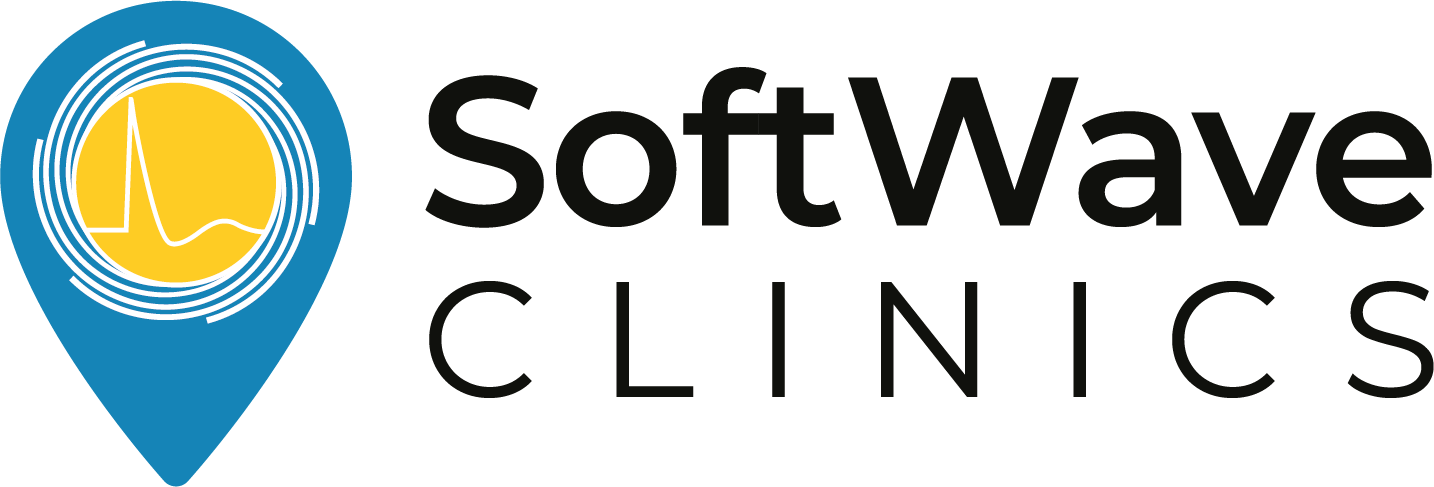Shockwaves prevent from heart failure after acute myocardial ischemia via RNA/protein complexes
Shock wave treatment (SWT) was shown to induce regeneration of ischaemic myocardium via Toll-like receptor 3 (TLR3). The antimicrobial peptide LL37 gets released by mechanical stress and is known to form complexes with nucleic acids thus activating Toll-like receptors. We sug- gested that SWT in the acute setting prevents from the development of heart failure via RNA/protein release. Myocardial infarction in mice was induced followed by subsequent SWT. Heart function was assessed 4 weeks later via transthoracic echocardiography and pressure–volume measurements. Human umbilical vein endothelial cells (HUVECs) were treated with SWT in the presence of RNase and proteinase and analysed for proliferation, tube formation and LL37 expression. RNA release and uptake after SWT was evaluated. We found significantly improved car- diac function after SWT. SWT resulted in significantly higher numbers of capillaries and arterioles and less left ventricular fibrosis. Supernatants of treated cells activated TLR3 reporter cells. Analysis of the supernatant revealed increased RNA levels. The effect could not be abolished by pre-treatment of the supernatant with RNase, but only by a sequential digestion with proteinase and RNase hinting strongly towards the involve- ment of RNA/protein complexes. Indeed, LL37 expression as well as cellular RNA uptake were significantly increased after SWT. We show for the first time that SWT prevents from left ventricular remodelling and cardiac dysfunction via RNA/protein complex release and subsequent induction of angiogenesis. It might therefore develop a potent regenerative treatment alternative for ischaemic heart disease.
